#Japan
Rare Rides: A Red (Mostly) Suzuki Crapwagon Collection, in Geo Form
This is actually the first time in our Rare Rides series where Rides applies directly to a single story. That’s because this is more of a rare collection of cars from someone who is dedicated to a singular passion. A passion which only comes in one color, and which bears mostly misleading badging.
You don’t want to miss what you’re about to see.
Rare Rides: In Memoriam, Toyota Century
Heads of state and other dignitaries typically like to ride around in large, sedan-shaped vehicles. Offerings like the Mercedes-Benz S-Class and contemporary Rolls-Royce sedans have long been the go-to around the world. Of course, there are exceptions. For places like the United States, national pride dictates an American-made Cadillac or Lincoln.
The Japanese also have a strong sense of national pride, and for decades there was only one vehicle appropriate for heads of state and CEOs — the Toyota Century.
Now it’s gone.
Mitsubishi Electric Fined Millions for Role in Auto Parts Bid-rigging Conspiracy
A major auto industry supplier has found itself on the receiving end of a multi-million-dollar fine north of the border, following an investigation into an international bid-rigging conspiracy.
The Ontario Superior Court of Justice leveled a fine of $13.4 million against Mitsubishi Electric on Tuesday for its role in the illegal agreement. The supplier pleaded guilty to three charges, making it only the most recent Japanese supplier to face expensive justice for landing a juicy — but dodgy — parts contract.
Here's Why Japanese Automakers Keep Sending Hydrogen-powered Cars to North America
The United States and Canada don’t have much of a hydrogen fueling infrastructure to speak of, but Japanese automakers continue sending fuel cell vehicles across the ocean anyway. Vehicles like the Honda Clarity and Toyota Mirai have been touted as the environmental saviors of tomorrow but, with the exception of California, there really isn’t a place for them in the North America of today. So why do Japanese manufactures continue to bother with hydrogen?
The main reason is because Japan has bought into a future that America doesn’t seem interested in. With three of its automakers already producing fuel cell cars, the government as adopted a fairly aggressive plan to adopt hydrogen for homes, business, and cars by 2030 — meaning the U.S. probably won’t see these vehicles vanish anytime soon.
Japan Says There's Nothing Closed About Its Barrier-filled Automotive Market
Japan has, once again, scoffed at U.S. demands for better access to its car market on Friday, setting the tone for next month’s unproductive talks on bilateral trade and economic relations between the two countries. U.S. Vice President Mike Pence and Japanese Deputy Prime Minister Taro Aso are supposed to hash things out in April but, before they’ve even managed to exchange pleasantries, the table is being set for failure.
If you’re wondering who is to blame, there are plenty of places to point the finger. The U.S. government complained to the World Trade Organization on Wednesday, claiming there are “a variety of non-tariff barriers [that] impede access to Japan’s automotive market.”
Today, Japan’s Chief Cabinet Secretary, Yoshihide Suga, offered his rebuttal to reporters. “We do not impose import tariffs on cars, and we do not impose any non-tariff barriers,” he said.
Japan's Captive Import History of Masquerading Marques
The Japanese market is notorious for being closed to the outside world. It has forced successful U.S. companies to abandon the country, as Ford did recently, and propped-up sales of niche producer Porsche to outstrip sales of corporate giant General Motors. At first glance, it would seem Japanese buyers just don’t want cars built by companies outside the Land of the Rising Sun.
On this side of the Pacific, imports are so popular that domestic manufacturers attempted to make them their own multiple times. We’ve had Opels called Pontiacs and Buicks, Mitsubishis masquerading as Dodges, Toyotas and Suzukis selling as Geos, and Isuzus branded as Chevrolets.
But has it ever gone the other way? Have Japanese brands ever tried to appropriate the automotive culture of other countries to move the metal?
The Problem Isn't Tariffs, Japan Just Hates American Automobiles
Japanese cars gradually overcame the stigma of being low-quality, unreliable trash piles after entering the U.S. market decades ago. Imports became commonplace during the 1970s and Japan’s cars began setting the new benchmark for automotive quality while Ronald Reagan was in office.
The inverse can be said of American cars being sold in Japan, and it’s a well-documented and long-running annoyance for the American automotive industry. In January, a frustrated President Donald Trump complained that Japan does “things to us that make it impossible to sell cars in Japan, and yet, they sell cars [in the United States] and they come in by the hundreds of thousands on the biggest ships I’ve ever seen.”
Though the statement could be taken as contentious, as Japan does not impose any tariffs on U.S. cars, the country also exported 1.6 million vehicles to the States while America sold fewer than 19,000 back in 2015. Something is definitely amiss, and while it might not be as simple a reason as Japan hating our cars, that’s still a large part of it.
Suzuki to Increase Ties With Toyota, Maintain Its Independence
Suzuki and Toyota Motor Corp. have agreed to begin official talks on pushing their partnership further. The partnership memorandum announced today covers a wide range of issues crucial to developing and producing automobiles, while keeping Suzuki independent as an automaker. Toyota is apparently not interested in corporate control. The automaker showed a similar gentle touch in its partnerships with Mazda Motor Corp. and Subaru parent company Fuji Heavy Industries.
Instead, the two companies have agreed to start brainstorming on how to best collaborate on advanced safety systems, environmentally friendly tech, information technology, overlapping components, and shared product.
No Fixed Abode: The Perks (And Perils) Of Protectionist Policies
“Like any good capitalist, I firmly believe that automakers need competition to produce their best and most innovative work.” That’s what my colleague and occasional pal Stef Schrader on Jalopnik wrote yesterday, in a column titled Protectionism Is Only Good If You Love Really Terrible Cars. I doubt neither Stef’s sincerity nor her diligence; she hits all the traditional marks in her piece, from Allegro to Trabant, and she does it with style.
I am not a good capitalist. Not any longer.
For most of my life, I was; I’ve been mostly self-employed since I was 19, and I’ve never asked for help from anybody save for three weeks’ worth of unemployment payments in 1995. I always looked at life as a battle that went to the strongest, and I never felt inadequate in the face of the challenge.
Once I became a father, however, I started wondering about my son’s prospects, and the prospects of his contemporaries. What if they didn’t have the strength, or the luck, that I’ve had? Should they be just tossed aside by the global economy, discarded forever just because they couldn’t win a race to the bottom with seven billion other desperate souls?
If the former president of the Miami University Entrepreneurial Society (yes, guilty as charged) can read Adbusters and start worrying about factory conditions around the globe, perhaps that means everything out there is up for grabs. And it’s worth asking the question: Could a new round of protectionist policies, intelligently conceived and applied, change our lives as drivers, consumers, and workers — for the better?
Your Next Honda Civic May Come From Japan, Of All Places
The first Honda Civic made its way to the United States during the Nixon administration. Honda began building Civics in the United States in 1986. Two years later, Honda of Canada Manufacturing began Civic production, as well.
In 2016, with an assembly plant in Greensburg, Indiana, and Alliston, Ontario, Honda is building more than 38,000 Civics per month in North America.
Yet seven years after Honda discontinued the Civic in its Japanese home market, Civic production is returning to Japan.
Civic sales resume in Japan this summer, and some of those Japanese-built Civics, Automotive News reports, might make their way to America.
Japan Wants U.S. Marines to Ride Into Battle in a Mitsubishi
What a difference seven decades make. In the early 1940s, Mitsubishi Zeroes of the Imperial Japanese Navy tangled with U.S. Grumman Wildcats and Hellcats in the skies over the west Pacific. Now, the aircraft’s builder wants the U.S. Marines to sign up for its amphibious assault vehicle.
Japan is getting into the arms export game after scrapping a law forbidding it, with Mitsubishi Heavy Industries now in talks with a U.S. company to partner on the vehicle, Reuters reports.
Suzuki Finds Silver Lining in Clouds Around Shizuoka Prefecture
After the Mitsubishi fuel economy scandal triggered a Japan-wide investigation into fuel economy claims, Suzuki is now in a similar situation as its diamond-starred competitor.
But the reasoning behind Suzuki’s misdeed is different: the automaker, it claims, was destitute.
Japanese Luxury Automakers Aren't Designing Those Grilles for You
… unless you’re Chinese, in which case Japanese luxury brands are definitely designing those grilles for you.
According to Automotive News, China is poised to eclipse the United States as the number one luxury car market. To get ready for that eventuality, Japanese luxury car brands are designing their cars to cater to the tastes of affluent, young, Chinese car buyers.
2016 Honda HR-V Review - The Farm Girl's Daughter
It’s no secret that Honda strives to offer a “Goldilocks-just-right” option in just about every segment — not too big, not too small; not too cheap, not too expensive; not too flashy, not too bland, and with a dollop of practicality on top. This formula has led to a lineup of sales successes with few exceptions. Oddly enough, Honda’s new-to-America HR-V is one of those exceptions.
Based on numbers from GoodCarBadCar, the Jeep Renegade is outselling the HR-V at a clip of 1.4:1 so far this year. Even Buick shifted more Encores — just — than Honda sold HR-Vs.
What gives? Have subcompact CUV shoppers forsaken Honda? Is the Renegade that good? Or is there some other explanation?
Mitsubishi Fudged Japanese Mileage Data Since 1991
Mitsubishi’s fuel economy scandal blew up yesterday after the automaker admitted it has issued misleading mileage data since C+C Music Factory was at the top of the charts.
The scandal that started with inflated mileage numbers on a single minicar one week ago now extends to all Japanese market Mitsubishi vehicles sold over the past quarter century. Reuters is reporting that the automaker compiled fuel economy data using U.S. standards, rather than the Japanese standards that factor in much more city driving.




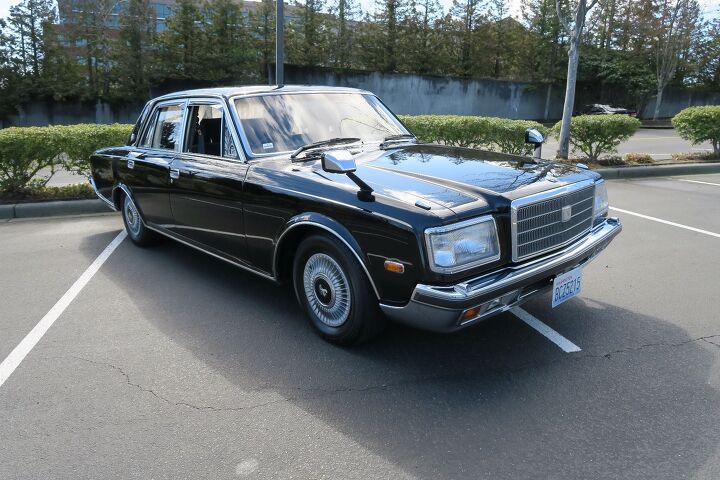
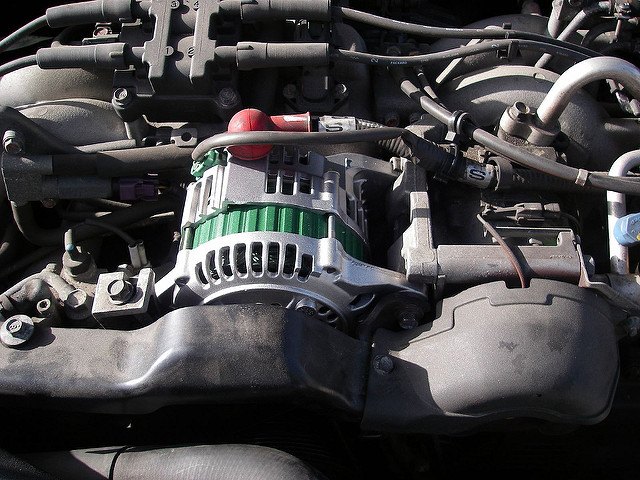


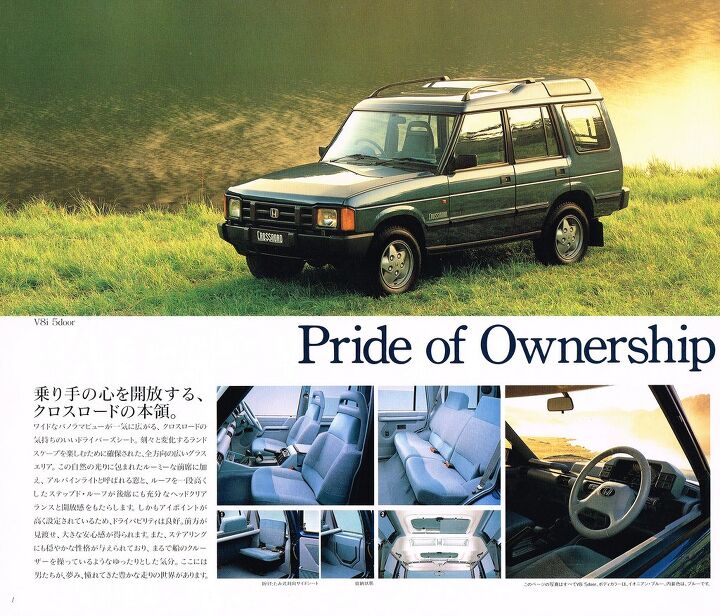
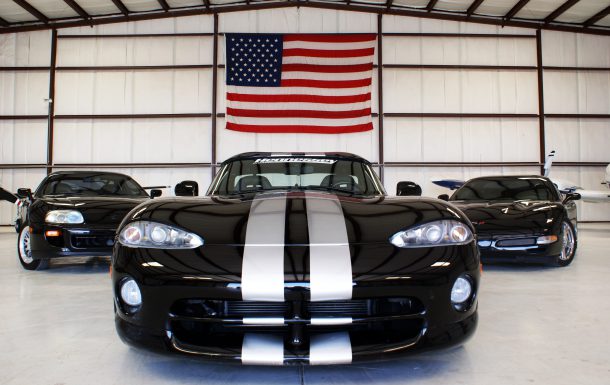


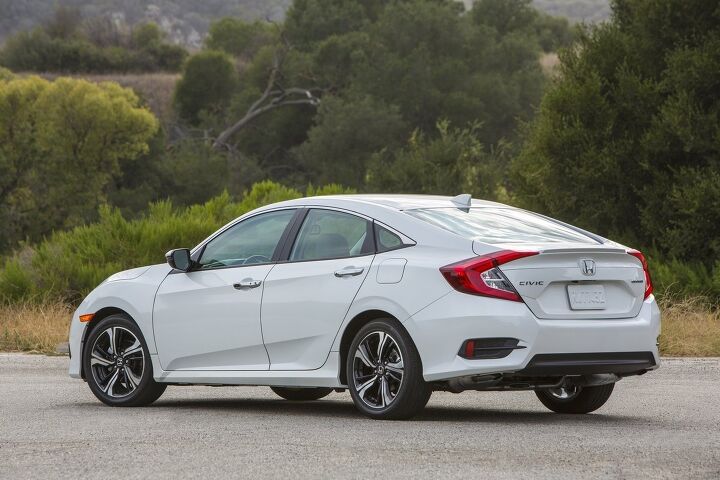


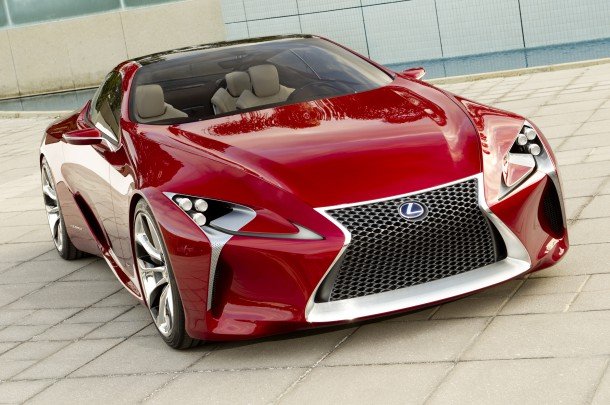
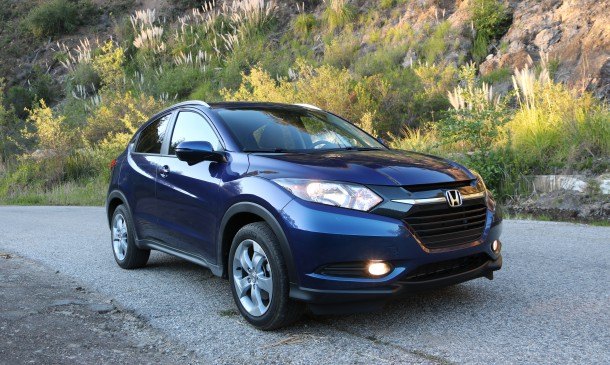













Recent Comments